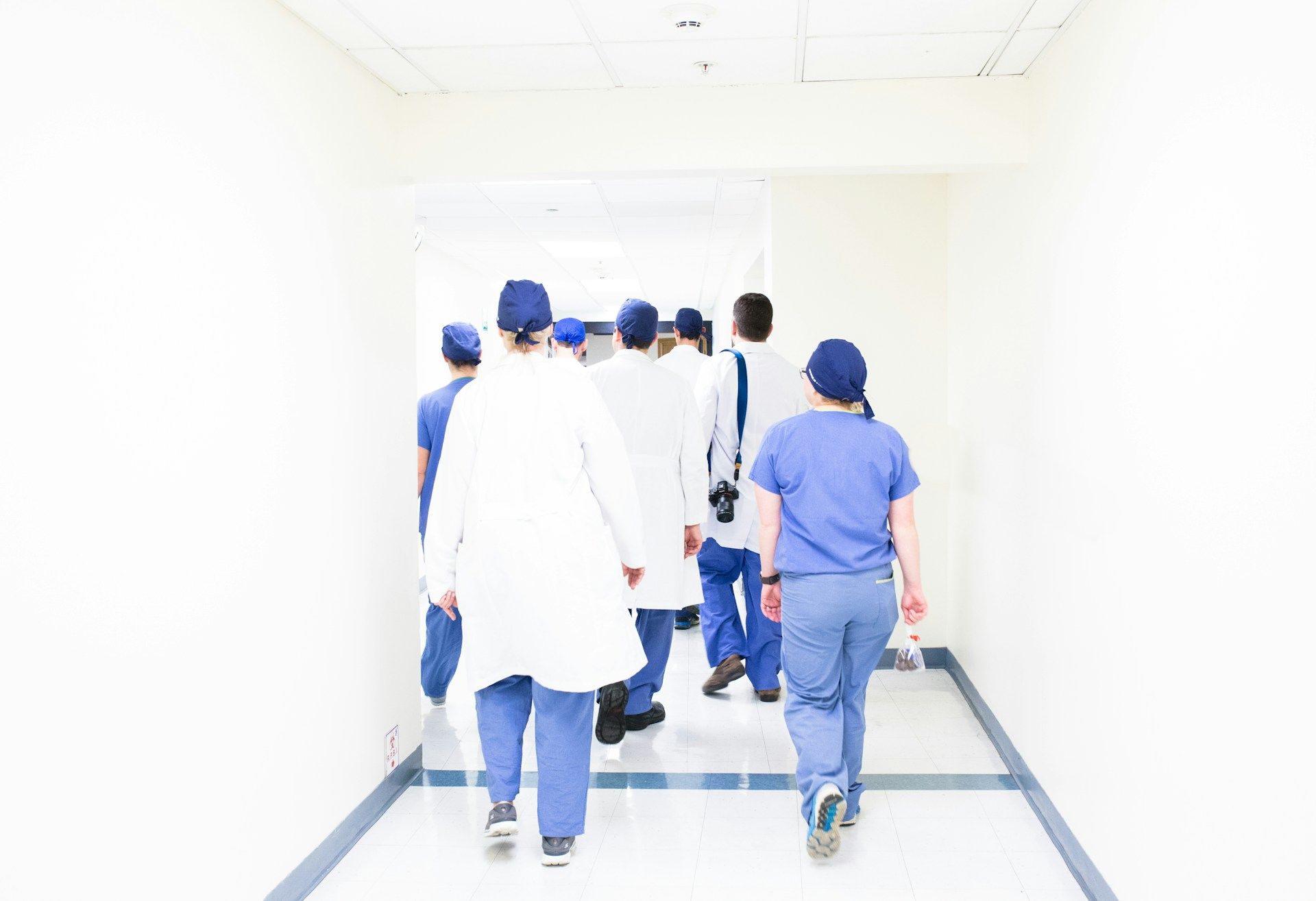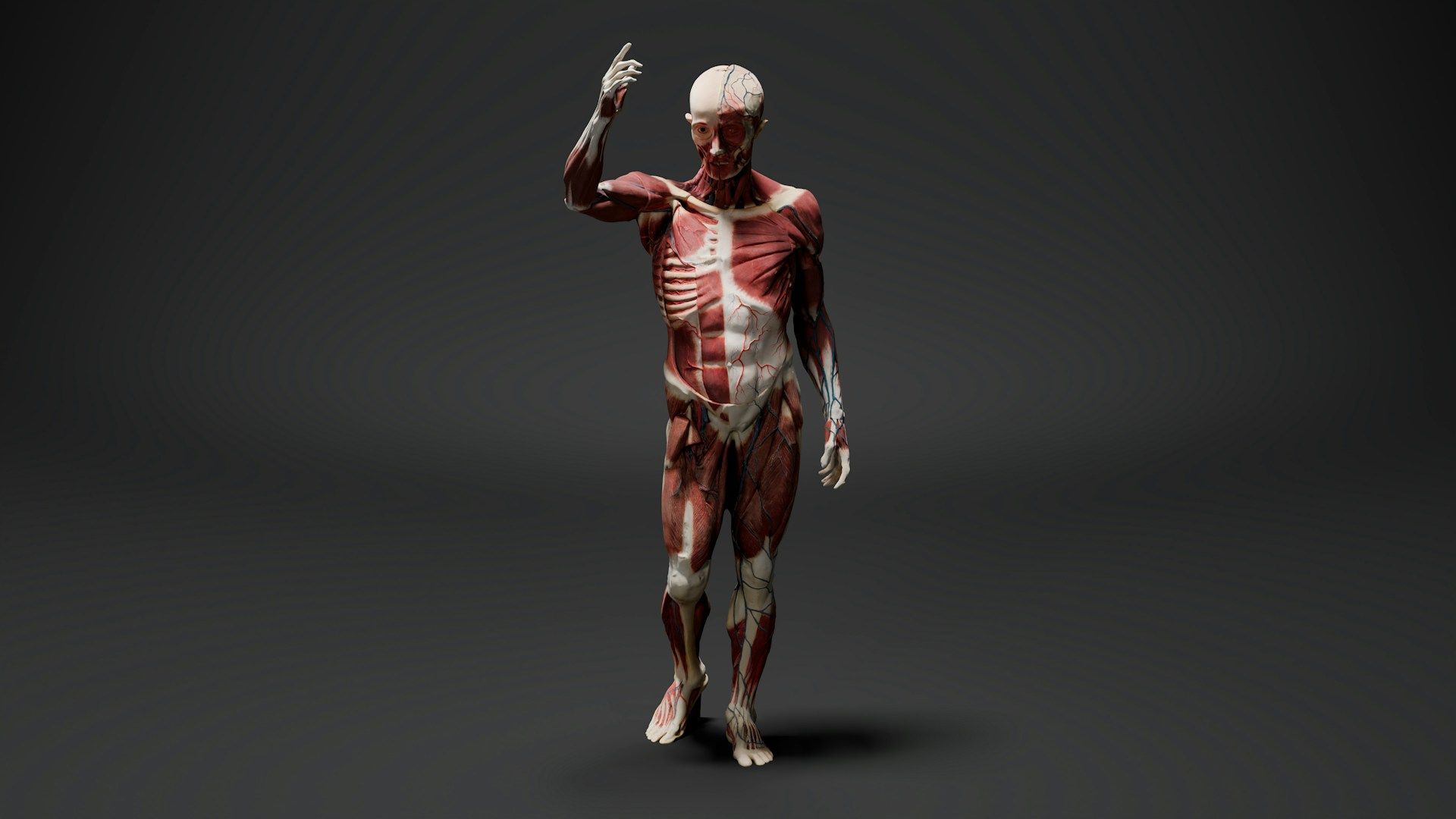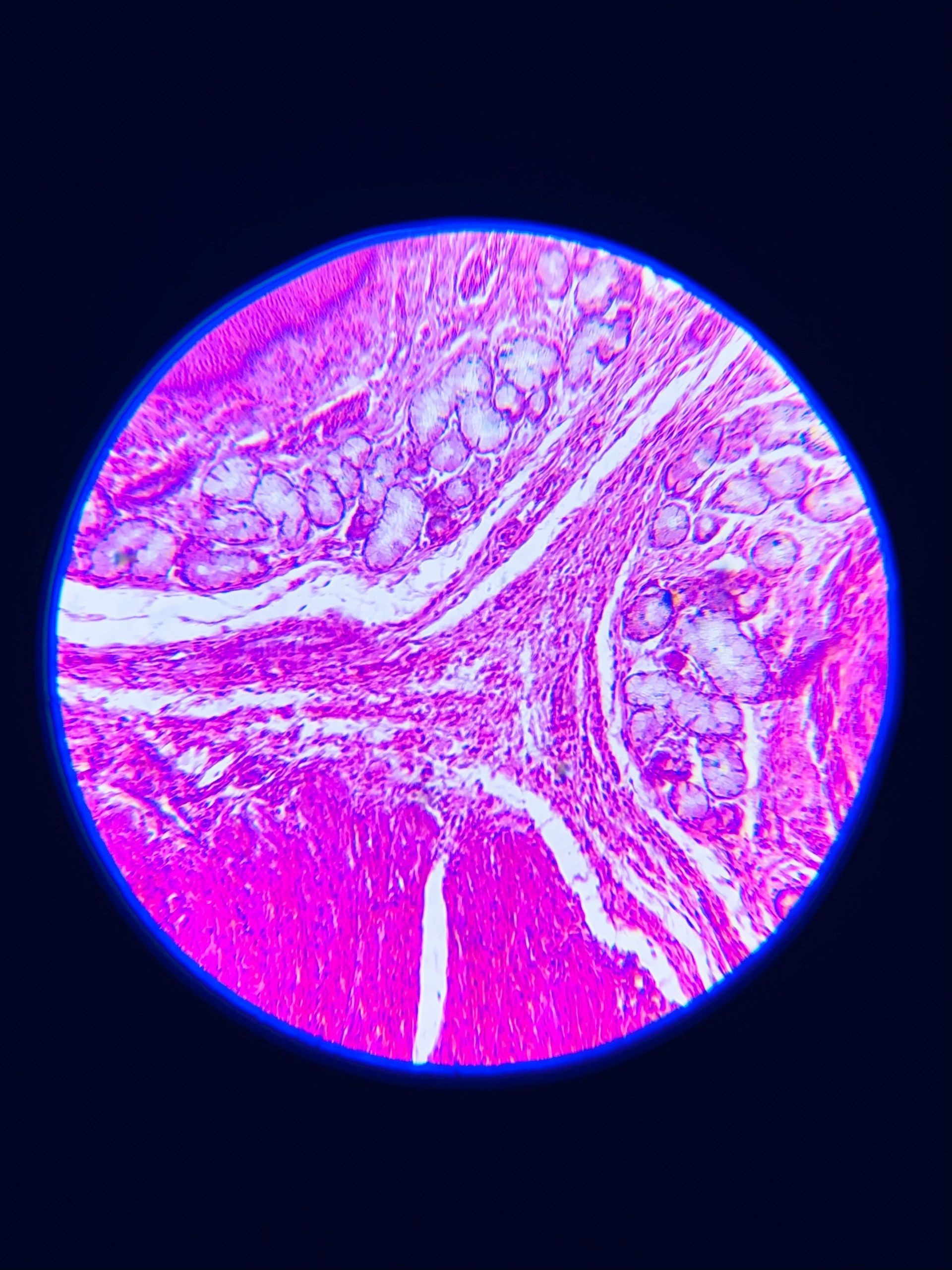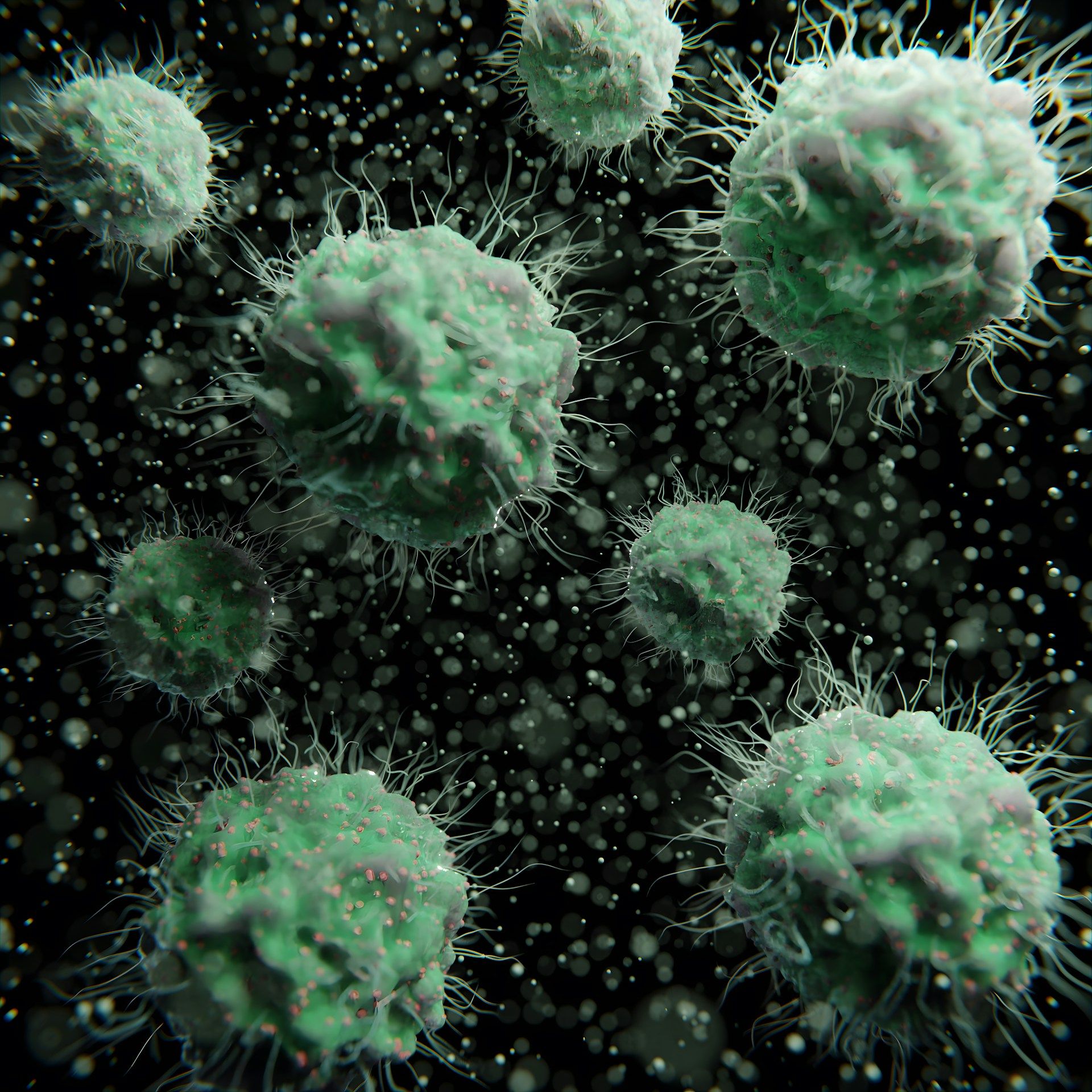Our Impact
In just over a decade, OpenBiome has helped bring the microbiome from the margins to the mainstream—expanding access to care, fueling global research, and inspiring a new era in medicine.

72,507
Treatments provided for C. diff

1300
Clinical partners

More than 7,000
More than 7,000 MD partners

40+
Supported 40+ clinical studies in 18 disease areas

2,500
Clinical trial participants

$200,000
Grants to researchers in low- and middle-income countries

750
Provided biosamples to 75 research institutions/750 researchers